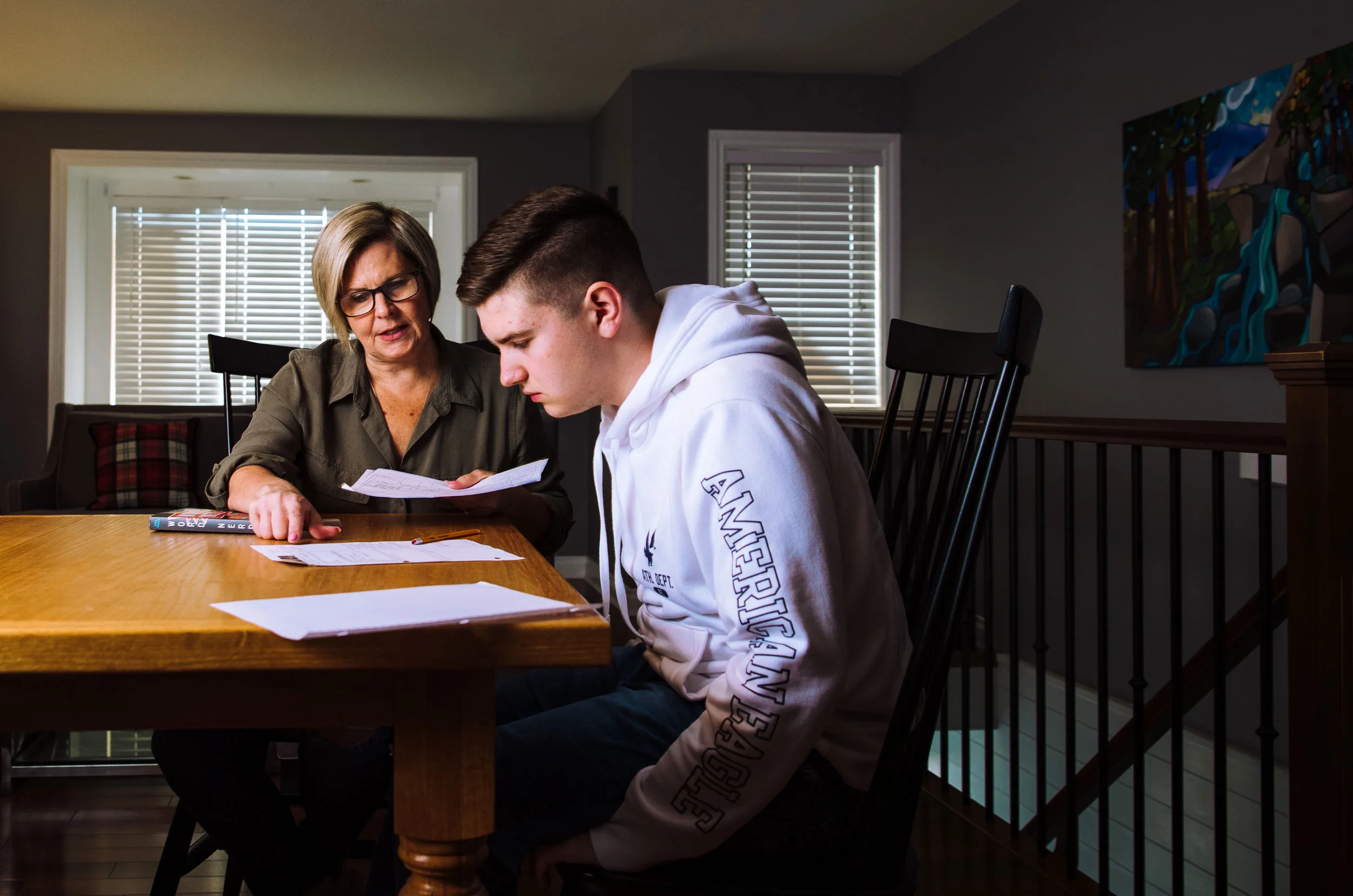
As we enter Inclusive Education Month and reflect on the landscape of education in BC, there are some realities that are discouraging, while others inspire hope and determination.
Calls for support about education usually represent about 45% of calls to our advocacy line. In the most recent quarter, they have spiked to 59% of calls. The barriers that students and their families are facing are of serious concern to our organization – students without Individualized Education Plans (IEPs) or IEPs not being implemented, students on partial days schedules, students subjected to physical restraint or seclusion, students left out of field trips, and more. Overall, what we’re seeing is students without the adequate support and resources to have equitable access to their education. In BC, we have a policy and legal framework that establishes an inclusive education system that is not being properly resourced and supported to fulfill its mandate.
However, we also know there are many champions out there who we’re not hearing about, because those aren’t the stories that reach our advocacy line. In the midst of challenging moments, we’re reminded to look for the helpers.
Where are these signs of hope? There are some that we know about.
A parent was brave and strong enough to carry through a Human Rights Tribunal process and made sure there was a decision that could be made public and accessible to others. One of our members, BCEdAccess, shared a blog post on the case. It’s our hope that this decision will help inform advocates and decision-makers about the legal duty to accommodate and the importance of the Individualized Education Plan. Respecting and upholding students’ rights is not optional, and we may need more legal tools at our disposal to serve as reminders for all involved.
We have also been encouraged by the work of dedicated scholars whose work can shift practice – if people are able to access their knowledge and have a willingness to embrace it. One notable example is the work of Dr. Jennifer Katz and her Three Block Model of Universal Design for Learning (UDL). Her Respecting Diversity Program could be a starting point to build a more inclusive learning community. This program “helps students develop a positive self-concept and respect for others, reduce challenging behaviour, and create learning teams that support diverse learners.”
One more hope is the one that we can give to one another as parents or partners on this journey by sharing learning and resources. Working on the advocacy line, we often hear parents seeking knowledge about their rights. Our Inclusive Education Handbook has now supported BC parents in learning about their rights for the better part of two decades, and we continue to update the handbook with new resources and guidance to support parents and community partners. Our Inclusive Education Film Series can also help people to deliver short and powerful messages in a visual medium. If you know of a parent on their journey to better support and advocate for their child, please share our Handbook, films and the other Inclusive Education resources we’ve gathered on our website.
Inclusion BC’s work to advocate for inclusive education is made possible thanks to generous support from the community. During Inclusive Education Month, we invite you to join us by making a donation to make sure that all children in BC have equitable access to their education, and that educators have the resources to make it happen.
Donate today to support our work advocating for inclusive education in BC.
Written by Erika Cedillo PhD
This article was featured in the latest edition of our monthly newsletter, Inclusion in Action. Subscribe today to receive regular updates with stories like this.


